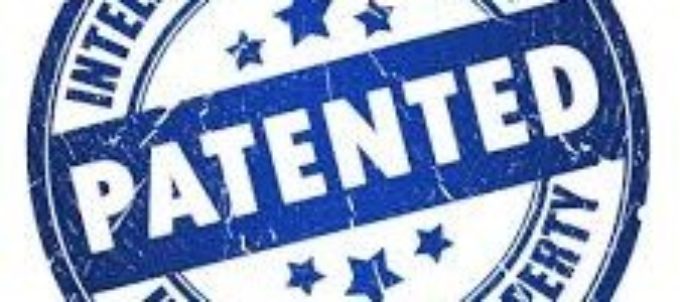
Scholars Petition to Congress on Reducing Patent Litigation Cost
By Yaping Zhang – Edited by Yunnan Jiang
On March 2, 2015, 51 scholars, in the field of economics and law, submitted a letter to the United States Congress, petitioning for effective legislative reform to reduce patent litigation cost. In the letter, they argue that the substantial patent litigation costs have tended overall to reduce R&D, venture capital investment, and firm startups. They also attach 37 publications on patent litigation and its economic impacts, countering the view by lobbyists and others who claim that there is little empirical evidence to assess the performance of the American patent system. In particular, the scholars express their concern over “patent assertion entities” (PAEs), popularly known as patent trolls, estimating that PAEs litigation has been costing tens of billions of dollars per year since 2007, and has curtailed venture capital investment and firms’ R&D spending.
The letter can be found here.
One statement by Gigaom observes that the letter comes at a time when Congress is attempting to reform patent laws for the third time in five years, with the previous two attempts floundered at the hands of special interest groups. According to Intellectual Property Owners Association, several patent bills have been introduced to address abusive patent litigation, showing extensive effort by the legislature to reform the patent system. In particular, the America Invents Act passed in 2011, signified a landmark reform to improve the patent system’s efficiency. Significant legislative efforts include the Patent Transparency and Improvements Act sponsored by Senator Patrick Leahy, the Patent Litigation Integrity Act sponsored by Senator Orrin Hatch, the Patent Abuse Reduction Act sponsored by Senator John Cornyn, and the Patent Litigation and Innovation Act sponsored by Representative Hakeem Jeffries. Hearings on the former three acts were held before the Committee on the Judiciary on Dec. 17, 2013, and the latter one was referred to the Subcommittee on Courts, Intellectual Property, and the Internet. In addition, as Scholar’s letter observed, the Supreme Court has tightened the patentability standards in Alice Corp. v. CLS Bank International, which might have helped to reduce the number of patent lawsuits. Moreover, several state legislatures have initiated similar legislations to curb patent troll litigation, which has added another complexity to the puzzle.
Despite these extensive efforts, the scholars undersigning the letter are clearly not satisfied with the pace of reform. One publication by USA Today shows the disappointment of Senator Patrick Leahy when he was forced to drop the bill on the Patent Transparency and Improvements Act. As Gigaom has explained, patent troll often involves investors and lawyers whom team up to create shell companies to acquire old patents, and then threaten lawsuits against businesses. They exploit an economic asymmetry in which patent lawsuits are relatively cheap to file but expensive to defend, which negatively incentivizes companies to simply pay a fee. One salient example is MPHJ Technology. According to a Harvard Journal of Law and Technology student note, MPHJ acquired four patents and one patent application for one dollar and then sent letters to businesses in all fifty states. See Ex. F at 6, MPHJ Tech. Invs., LLC v. FTC, 2014 U.S. Dist. LEXIS 146288, No. 6:14-cv-11 (W.D. Tex. Jan. 13, 2014). The letter stated that the recipient was likely infringing MPHJ patents by using a machine that could send a scan to email, a technology prevalently used in office settings. Extreme cases like MPHJ seem to support the scholars’ petition for effective reform.
On the other hand, patent trolls, according to a statement of publication by pcworld, may not be as big of a problem as some advocates make them out to be. They argue that Congress should step back and determine whether patent trolls are causing serious problems in the patent system before moving to any meaningful patent reform. A White & Case publication shows the concern that the America Invents Act might be too defendant-friendly and thus will disadvantage small companies attempting to assert their patents.
The letter thus seems to come at a crossroad, attempting to convince the Congress to take the path of reform. We wait to see how much impact it can have on the already hot debate on patent litigation reform.
Yaping Zhang is a 2L at Harvard Law School.